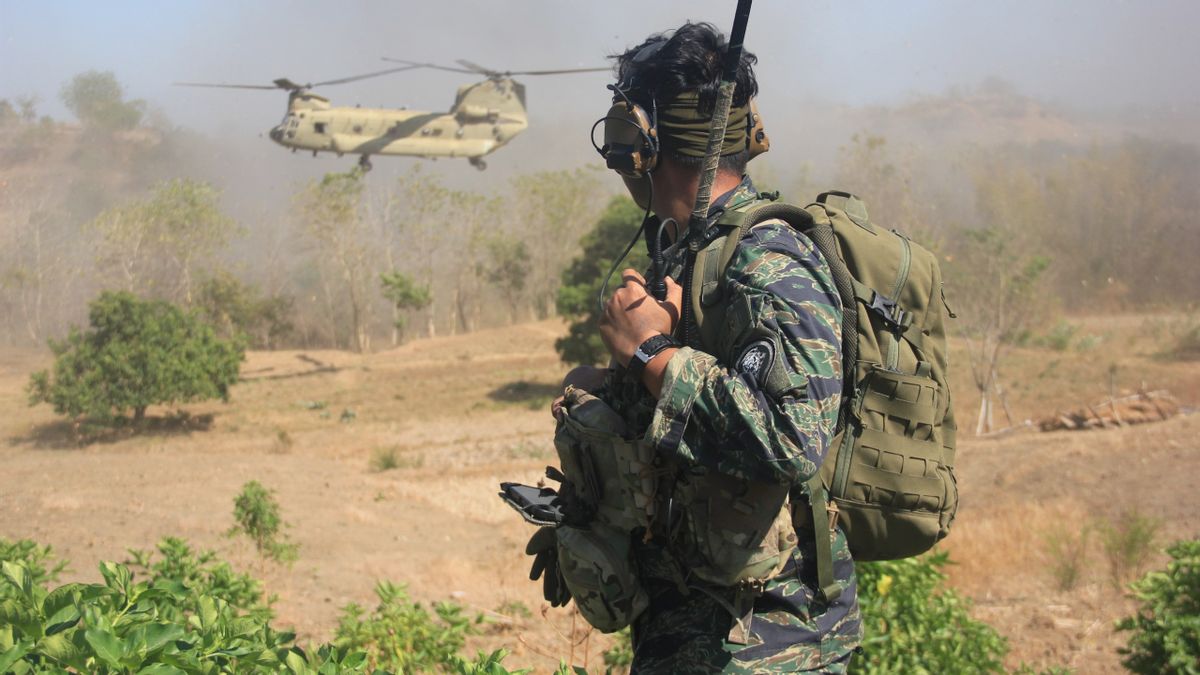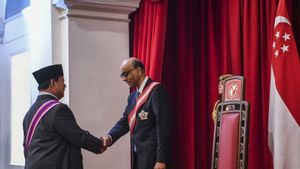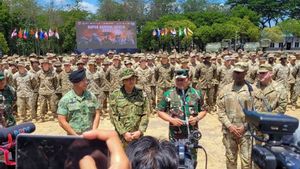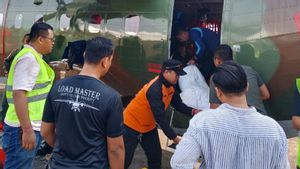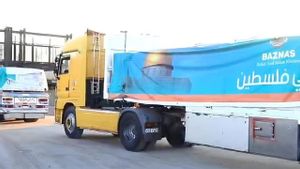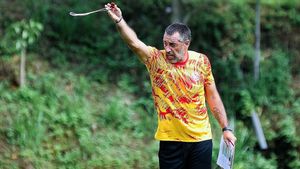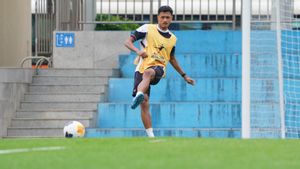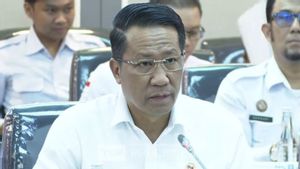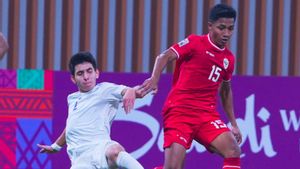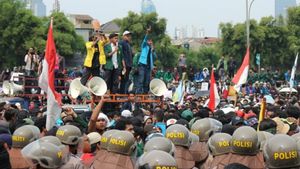JAKARTA - Super Garuda Shield (SGS), Joint Joint Exercises between the TNI and the United States Armed Forces, along with armed forces from friendly countries, are the largest annual military exercises to be held in Southeast Asia since 2009.
SGS 2024 will be held from August 26 to September 6, 2024 in three different locations, namely Situbondo, Karawang, and Baturaja.
Military exercises aimed at strengthening the interoperability of the country's combat organizations involved, have unique stories, as well as their own challenges for the implementers. One of the main challenges of concern is regarding the language that is a means of communication for the implementation of this exercise.
Every soldier involved in SGS, has their own specialty. Some are members of the intai team, medical, pilots, explosives disposal, and so on. However, they have differences in terms of language. The language differences used by TNI soldiers and the US Army, for example, have proven to be an obstacle in the planning process and also execution in the field.
To bridge this language difference, the role of the interpreter is very crucial and needed. VOI had the opportunity to go directly and cover the activities of the interpreters assigned by the Infantry Armed Forces Center (Pussenif) in SGS training.
Operating under the Vajra Research and Development Group (VRDG) banner, these interpreters set a high standard when compared to other civilian interpreters.
Not only must they be able to master good foreign languages, but they are also required to understand how a military organization works. Not only that, VRDG interpreters must also have technical skills such as land navigation, operating firearms, controlling the basics of small units of traffic, and so on.
Not without reason, the complexity of the implementation of the SGS in the planning and execution stages involving more than two military organizations requires them to control many of the things mentioned above.
For example, one of the interpretationers who is also the founder of the VRDG, felt that there was no difficulty when he helped translate the material for the Battle of Distance (PJD) taught by an instructor from the Australian Defense Force. In fact, furthermore, the interpreter was able to demonstrate how a firearm was operated, all of which he explained in the Indonesian-speaking TNI nomenclature.
Understanding the nomenclature of the TNI and the US Army is an obligation for an interpretationer. In a big picture, VRDG has a role in bridging the two doctrines of different combat organizations. This is not an easy task, considering that every doctrine has its own nomenclature.
Another interesting thing that VOI met during SGS' activities was how VRDG interpretationers tried to formulate how soldiers worked and rested. Unlike other interpretationers who get accommodation at the inn, the VRDG interpreter team lives in the barracks with the soldiers. They are integrated with the culture of the soldiers.
In addition, not only has the knowledge of the qualified military world, VRDG interpreters appear like military personnel. They wear camouflage uniforms, plaque carriers, communication tools, and so on, all of which function to support their work in the field.
For them, appearances are not only to look cool, but every equipment they wear has its function. Working in a dangerous environment full of explosives and sharp munitions, requires them to prioritize security.
No wonder, when one of the US Army officers staggered, “The term is more organized than us. They even have proper communications plans in place.”, which if translated, “ These interpreters are highly organized. They even have good communication planning.”
SGS is more than just a prestige military exercise involving many countries. This event is a moment where two different cultures are united in one goal, namely to create a stable and free Indo-Pacific region based on the rules-based order, and in this effort, VRDG acts as a bridge that connects various differences.
SEE ALSO:
The English, Chinese, Japanese, Arabic, and French versions are automatically generated by the AI. So there may still be inaccuracies in translating, please always see Indonesian as our main language. (system supported by DigitalSiber.id)
Most Popular Tags
#Prabowo Subianto #NCP #Palestine #tangerang sea fence #budget efficiency #iims 2025Popular
17 Februari 2025, 03:15
17 Februari 2025, 00:27
17 Februari 2025, 02:02
17 Februari 2025, 03:12
